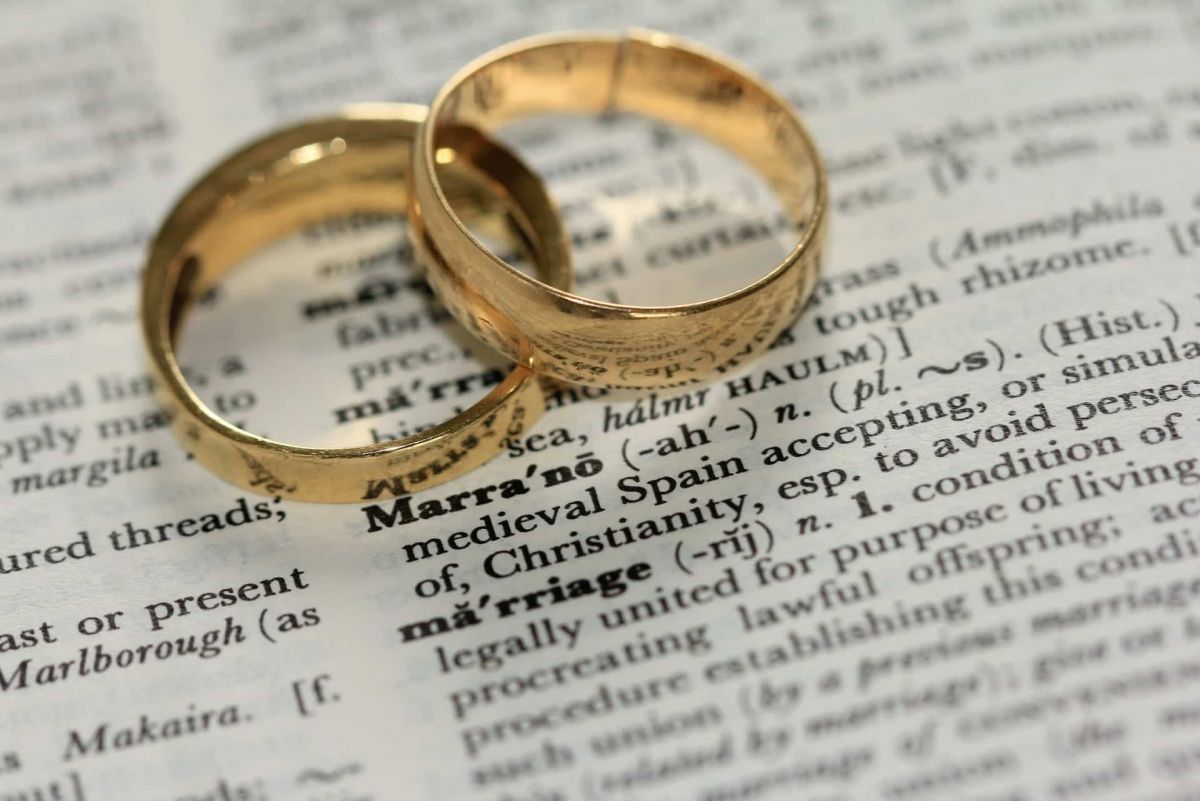Residence marriage and police check

What is a residence marriage?
Ada is a Polish citizen and married to Ahmed, an Iranian citizen. Both want to live together in Austria and therefore apply for the necessary documents from the immigration authority responsible for their place of residence. For Ada this is a registration certificate and for her spouse, who is a third-country national, a residence card must be applied for. A few days after the application is submitted, the police knock on Ada and Ahmed’s door and want to have a look round the flat to see if Ada and Ahmed are actually living there together. Is this legally permissible?
In general, spouses or registered partners of Austrian citizens or EEA citizens authorised to reside in Austria under EU law also have the right of residence in Austria and the competent authorities are obliged to issue a residence permit. However, it can happen that after the application for a residence title has been submitted to the immigration authorities, the suspicion arises that the marriage only exists to obtain a residence title for the third country national. A residence marriage means that the two spouses or partners are not living together as a family. If this is the case, no residence permit may be issued and criminal proceedings must be initiated against both spouses. But how can the immigration authorities determine whether or not a marriage of residence actually exists?
Police investigations and house searches on suspicion of a marriage of residence
If the immigration authorities suspect that a marriage of residence or a partnership of residence may exist in a particular case, they must inform the police. The police are then obliged to carry out investigations into this suspicion.
In the course of these enquiries, the police are obliged to determine whether there are in fact indications that the marriage is a marriage of residence. The first stop for the responsible officers often leads to the address given as the marital home and the officers “ask” to be allowed to look round the flat. Do you have to let the police into your home in such a case?
In principle, the police may only search your home with a court authorisation. The only exception is in the case of imminent danger. If there is – often only a vague – suspicion of the existence of a marital relationship, there is usually no imminent danger and a house search is not permitted without a court order.
However, as soon as the police are voluntarily allowed into the home, these provisions no longer apply and the police can subsequently utilise all the results of their investigations, even if this is to the disadvantage of the people living in the home.
Proof of joint family life
As Ada and Ahmed lead a happy family life, as indicated by the numerous photos they have taken together and put on the walls of their flat, their clothes and the double bed in their flat, Ada lets the police into her flat, where they have a look around and subsequently stop their investigation on suspicion of a marital relationship between Ada and Ahmed. As a result, both of them are granted the residence documents they applied for by the immigration authorities.
© Dr. Alexander Raidl. All rights reserved.
Powered by Nail It.
